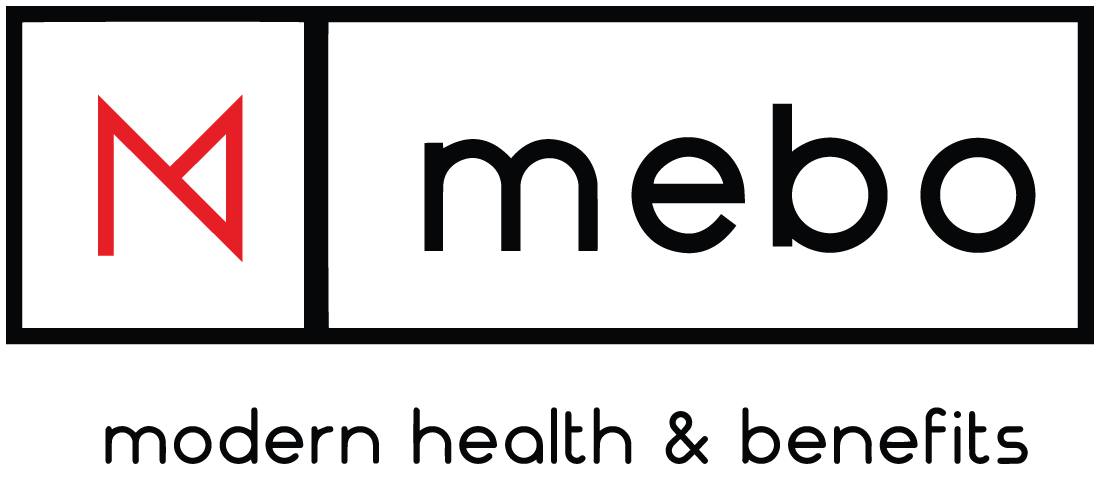New HHS Rule Protects Consumers from Surprise Billing – Here’s What it Means for Employers
The term “surprise medical bill” describes charges incurred when an insured person inadvertently receives care from an out-of-network provider. This type of situation is common during emergencies and other events where the patient has no control over who provides their care. Patients picked-up by an ambulance or taken to the nearest emergency room may later learn that the hospital, ambulance, or physicians were not covered by their health insurance. Sometimes patient’s receive care at an in-network facility only to find out later that the provider or specialist doesn’t participate in their health network.
Surprise Medical Bills Prevent Patients from Seeking Care
In addition to costing thousands of dollars each year, surprise medical bills may also prevent patients from seeking care. A public opinion survey conducted by The Harris Poll on behalf of the American Heart Association found that 49% of U.S. adults say fear of unexpected medical bills prevents them from receiving care. 44% of those surveyed said they would not have the money to pay for an unexpected medical bill of $1,000 or more.
HHS Interim Final Rule
On July 1, 2021, the Department of Health and Human Services (HHS), the Department of Labor, the Department of the Treasury, and the Office of Personnel Management (OPM) released an interim final rule designed to protect patients from financial hardship due to surprise medical billing. The interim final rule takes effect on January 1, 2022 and restricts excessive out-of-pocket costs from out-of-network billing and balance billing. While Medicare and Medicaid already ban these types of surprise charges, the new HHS rule extends protections to individuals insured through an employer-sponsored or commercial health plan.
The new HHS rule bans surprise billing for emergency services. It also bans high out-of-network cost-sharing for most emergency and non-emergency services, out-of-network charges for ancillary care provided at an in-network facility, and out-of-network charges without advance notice.
New Surprise Billing Rule May Help Employers Save Time & Money
While most people will agree that the new rule will help consumers better manage their healthcare spending, many employers wonder what the new HHS rule means for them. Fortunately, most of work to ensure compliance will be done by insurance carriers, third-party administrators (TPAs), and healthcare providers. However, it is important that employers work closely with their carrier and TPA partners to ensure their plans are taking the necessary steps to compliance.
MEBO provides employee benefits plans custom-tailored to the unique requirements of organizations today. Our team of benefits specialists can help you locate a compliant health plan that meets your needs and budget. Please contact us for information about our services.

